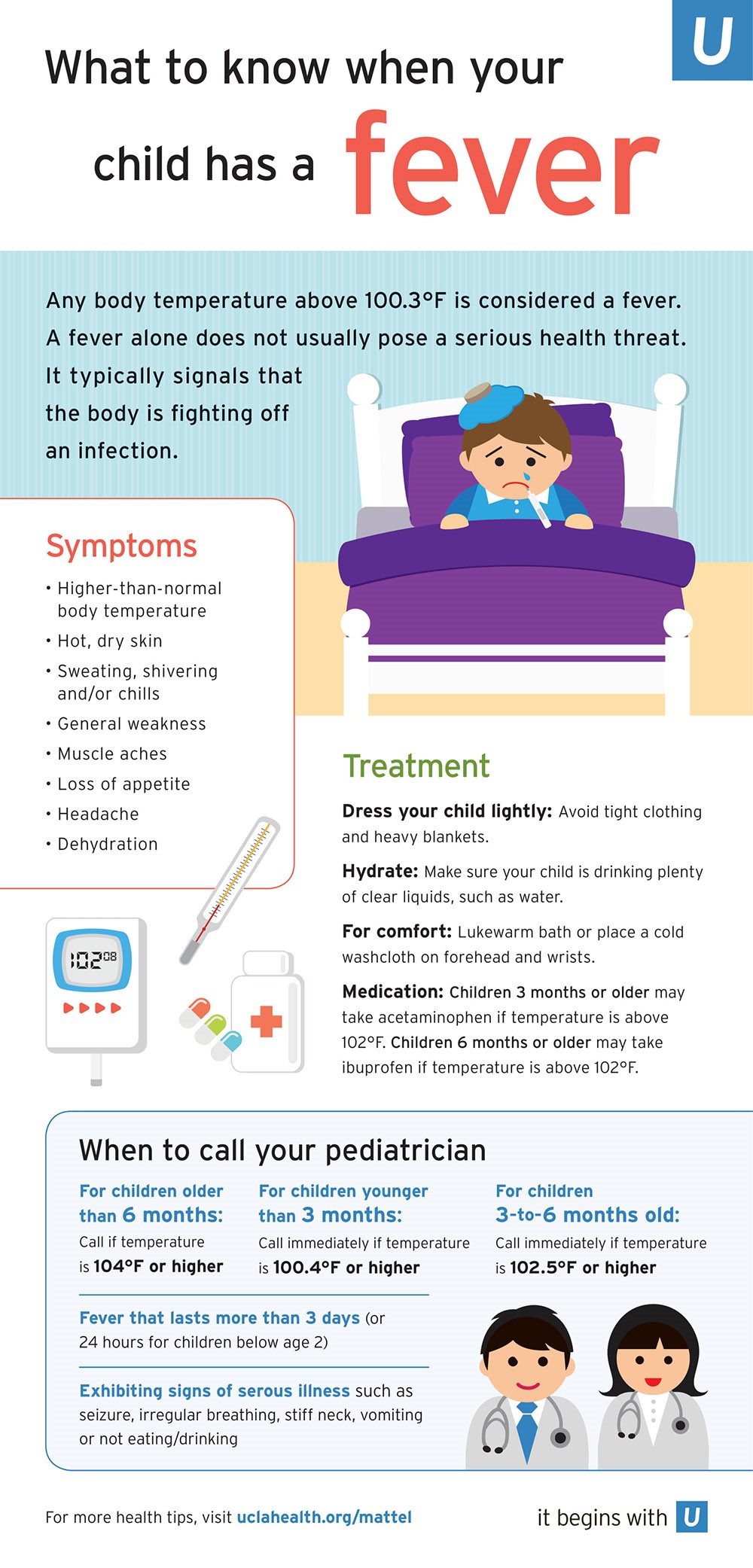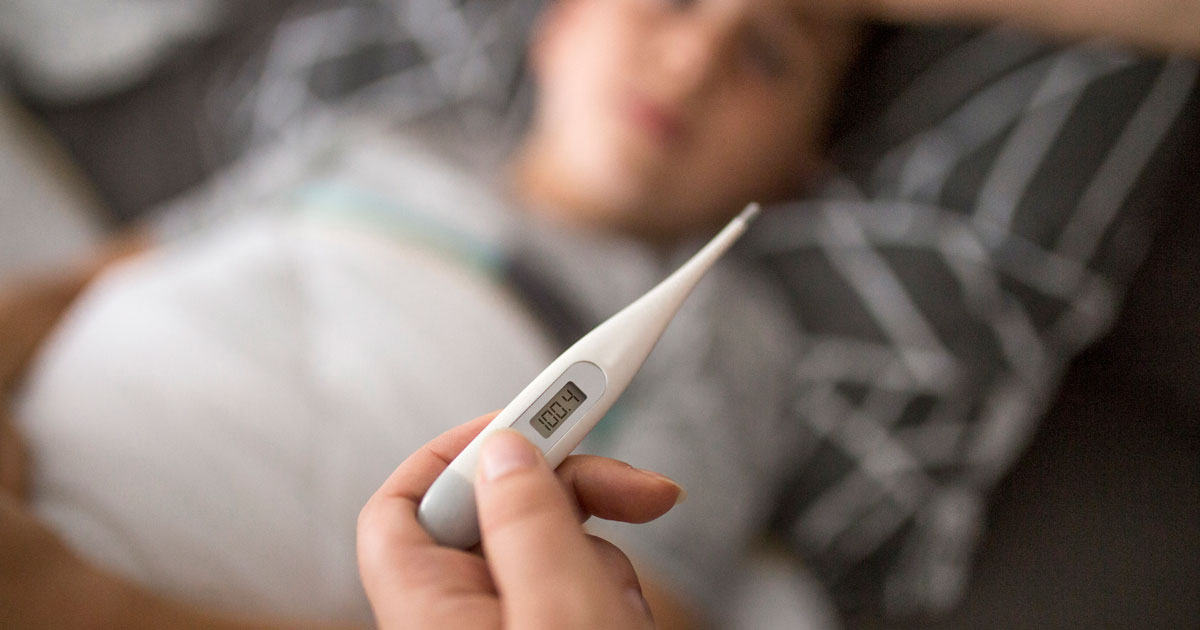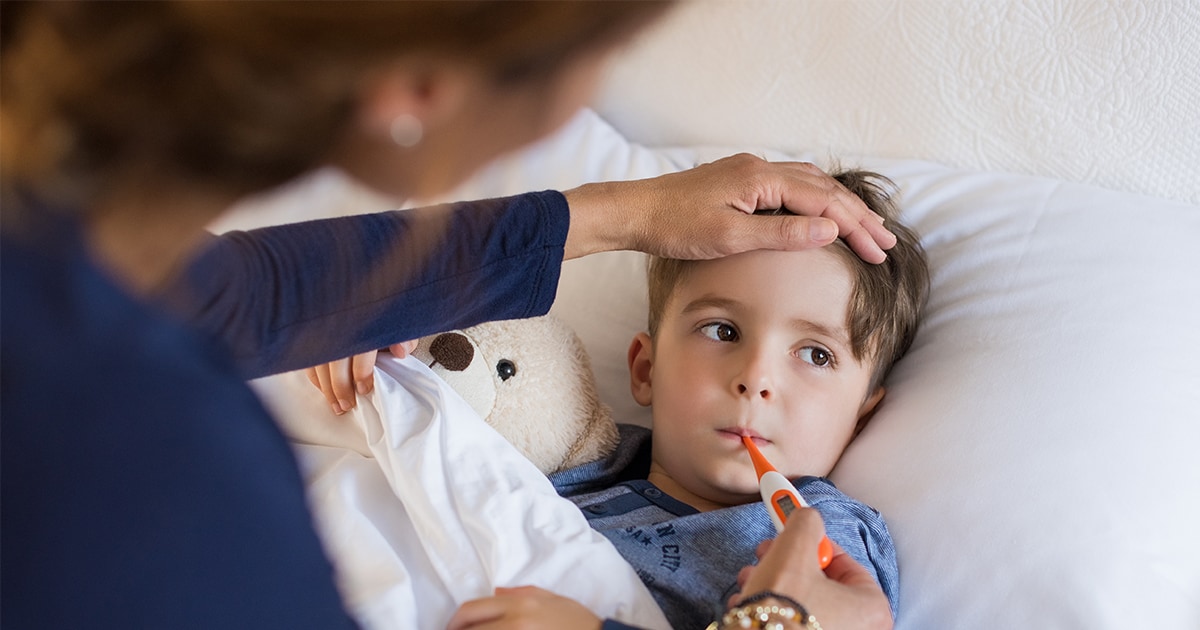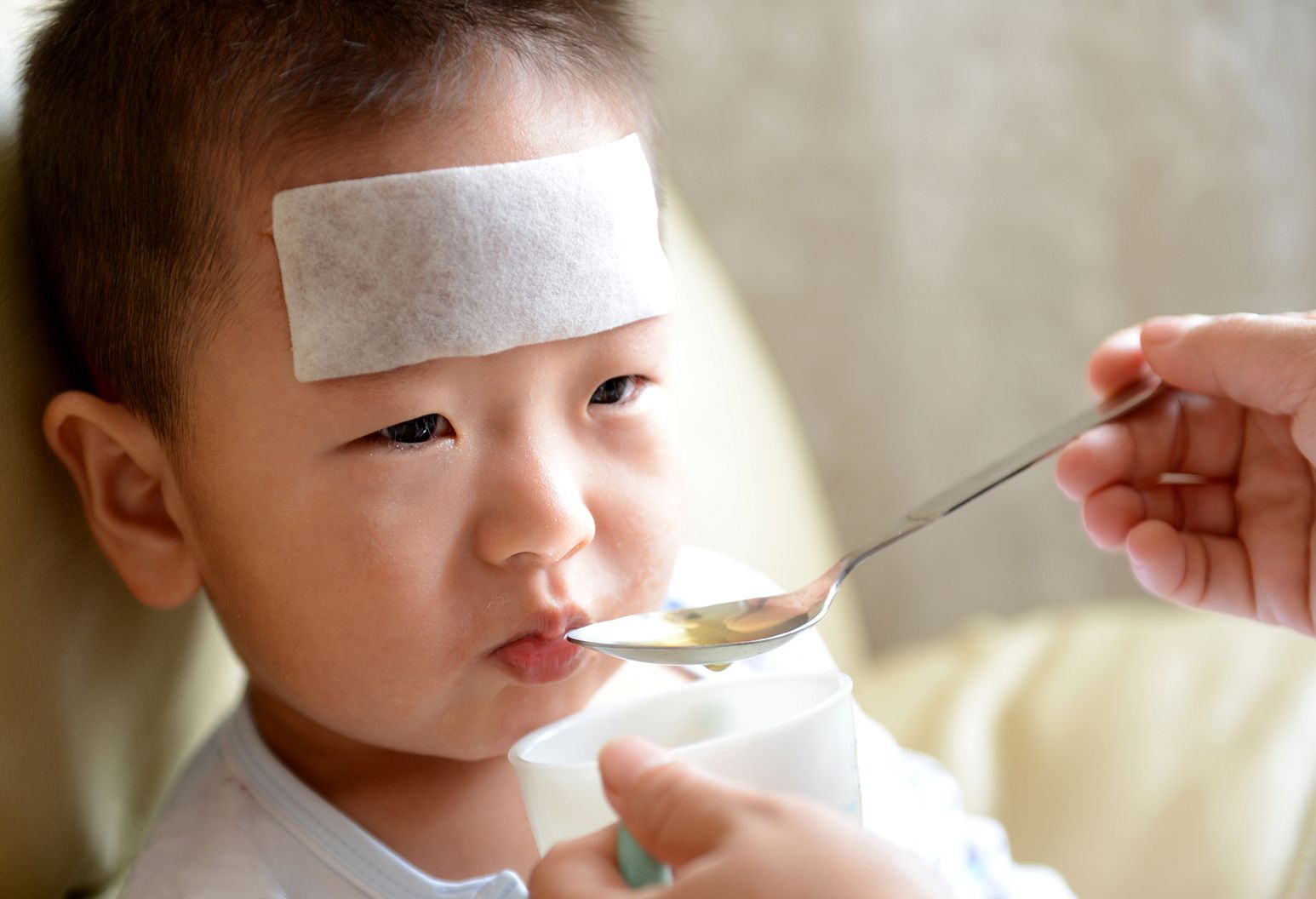Here’s A Quick Way To Solve A Info About How To Treat Child Fever

When should a fever be treated?
How to treat child fever. If your child is over 3 months, you can offer them a safe amount of children’s acetaminophen (tylenol). Certain medicines heat stroke blood transfusion disorders in the brain some kinds of cancer some autoimmune diseases what are the benefits of a fever? They can get some nausea, vomiting and even diarrhea, dr.
But in most cases, here's what experts say you should do instead: Dress your infant in lightweight clothing and use just a sheet or light blanket to keep them. If you are uncomfortable with this, then take temperature under the armpit.
Antibiotics don't kill off viruses. If you or your child has a fever, it is important to rest. Read the label carefully for proper dosage, and be careful not to give your child more than one medication containing acetaminophen, such as some cough and cold medicines.
If you're worried, certainly call the doctor. How tonsillitis is treated will depend on the cause. Key facts fever is common in children.
But it can be a good idea to treat the fever if the child is feeling extremely unwell or their temperature reaches 40°c (104°f) or more. In this article, we look at how to identify fever in a baby, common causes, and how to care for a baby with a fever. Ahmann says, “but if you’re uncomfortable with that, use a forehead scanner or an axillary thermometer.” ear thermometers aren’t recommended for infants, as their ear canals are too tiny for an accurate reading.
Lowering your child’s fever will not help treat the underlying illness more quickly. Next steps we include products we think are useful for our readers.
Try these tips from webmd to help your feverish child. Give your child frequent small drinks. Because a fever can indicate a serious illness in a young infant, especially two months of age or younger, your baby might be admitted to the hospital for.
Fevers are usually caused by viral infections. Any activity can raise your temperature. Do not put your child in cold water.
A fever in children is typically caused by an infection but can also be a temporary side effect of routine childhood vaccinations. Avoid combination cold and flu remedies in young. If your child is miserable, there are things you can do to help them to feel more comfortable:
If your child seems uncomfortable, give your child acetaminophen (tylenol, others) or ibuprofen (advil, motrin, others). When children have a fever, they don't always need to be given medication to lower it. Take a deep breath and relax.


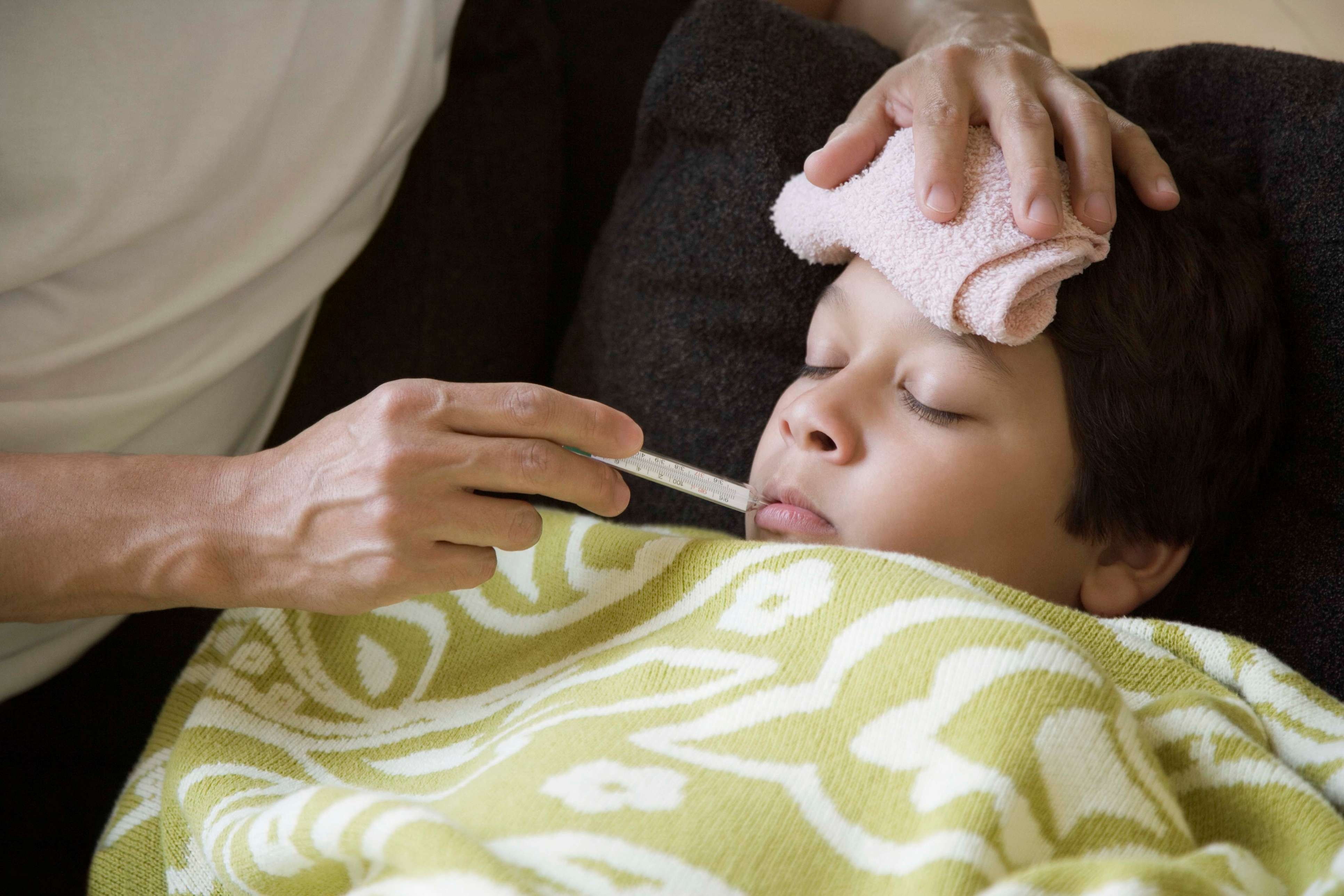
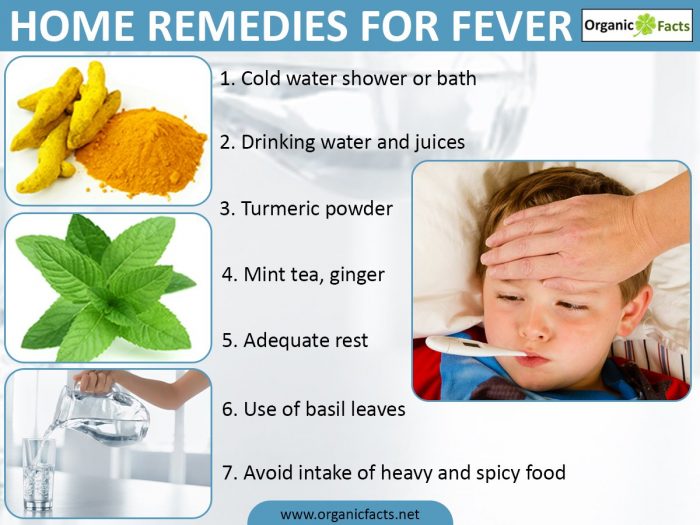
_Final.jpg?MOD=AJPERES&CVID=)



